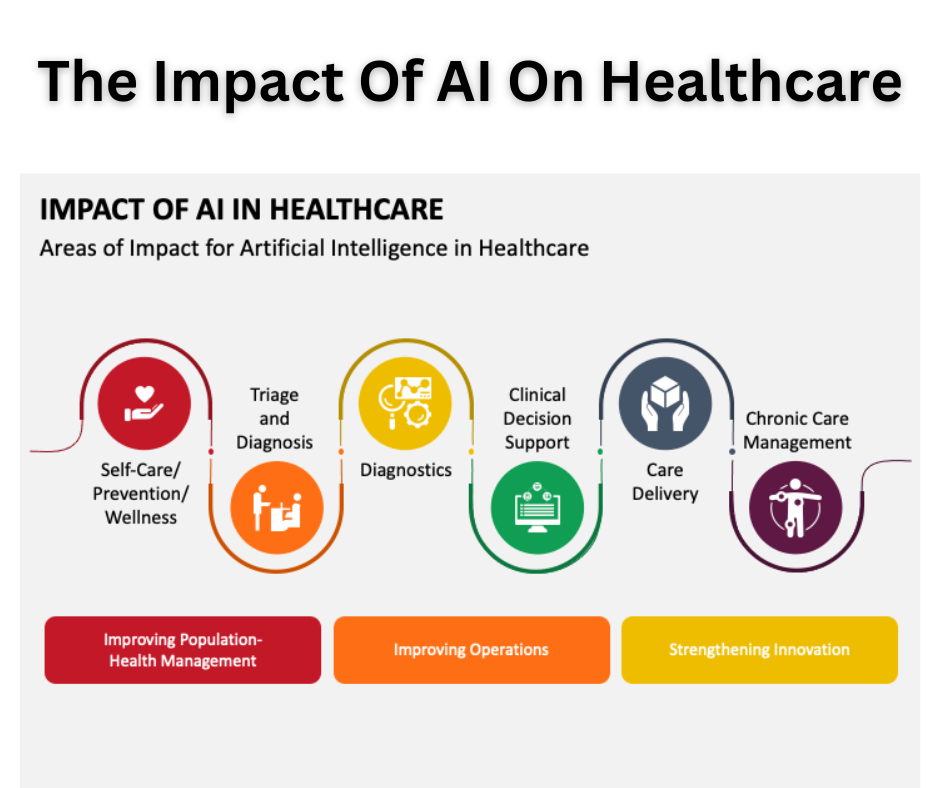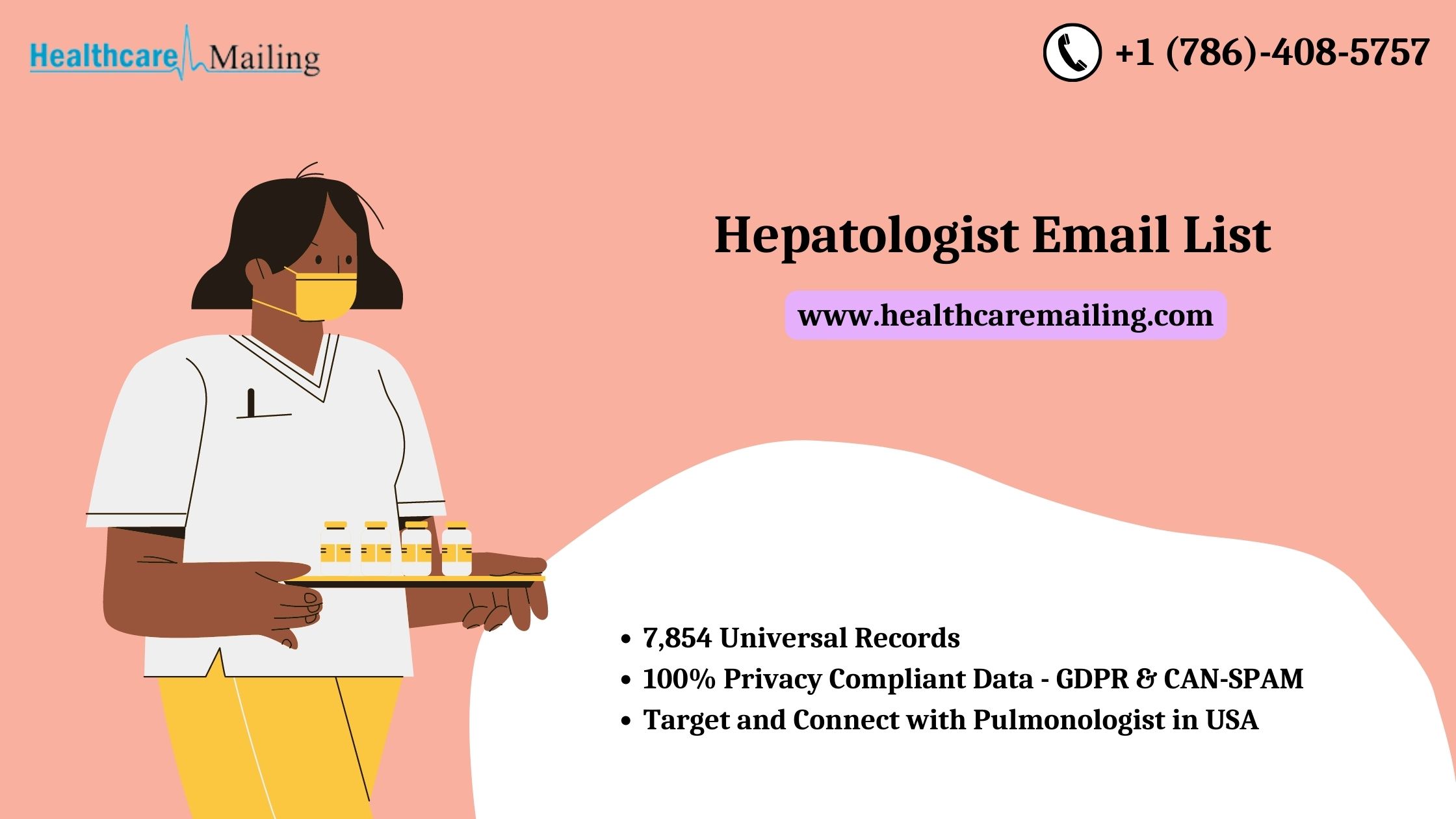Learn about the powerful impact of AI on healthcare and discover the ethical considerations that must be taken into account when using AI in healthcare – click here to get started!
The Impact Of AI On Healthcare
The healthcare industry is undergoing a profound transformation, and one of the main drivers of this change is the emergence of artificial intelligence (AI). AI is being utilized in a variety of ways to enhance healthcare, from diagnosing and treating diseases to improving patient care.
In this blog post, we will explore the impact of AI on healthcare, including how it is transforming the industry, what the future predictions of AI in healthcare are, and the ethical considerations that must be taken into account when using AI in healthcare. By the end of this post, you should have a good understanding of how AI is influencing the healthcare industry.
How AI Is Transforming Healthcare
There is no question that AI is transforming healthcare. From improving diagnosis and treatment to reducing medical errors, AI is making a huge impact on the way that healthcare is delivered. Below, we’ll take a look at some of the ways that AI is impacting healthcare right now.
Take advantage of AI through with the Analytics Path advanced AI Course in Hyderabad.
One of the most important ways that AI is impacting healthcare is by providing better diagnosis and treatments for many health issues. For example, AI can be used to identify cancerous tumors in images or to help diagnose heart conditions more accurately than humans can. Additionally, AI can be used to create simulations of how patients might respond to various treatments – this can help doctors make more informed decisions about which treatment options are best for a particular patient.
In addition, AI technologies are being used to analyze medical images in order to provide even more accurate diagnoses and treatments. For example, MRI scans are often analyzed using machine learning algorithms to identify abnormalities in the brain or spine. This technology has the potential to save countless lives by providing better diagnoses and accurate treatments faster than ever before.
Another important use for AI in healthcare is reducing medical errors in diagnosis and treatment. Right now, there are an estimated 2 million deaths each year due to medical mistakes – this accounts for almost half of all deaths worldwide! By using machine learning algorithms to analyze patient data and improve accuracy levels, hospitals could potentially reduce these numbers dramatically. In addition, AI can be used with prescription drugs in order to identify potential side effects earlier on so that they don’t lead to any serious complications down the road.
Last but not least, one of the biggest benefits of using AI in healthcare is its ability to automate routine tasks freeing up doctors’ time for more important tasks such as interacting with patients one-on-one or conducting clinical trials. By automating these mundane tasks, hospitals can reduce costs while still delivering high quality care。AI also helps clinicians identify trends in patient data which helps them make better decisions about how best care for their patients。
So far, it’s clear that there’s no turning back when it comes back towards human–computer interaction (HCI) and AI integrated into various aspects of our lives – from health care systems through manufacturing industries into logistics……
Future Predictions Of AI In Healthcare
As healthcare continues to evolve, so too does AI. This technology has the potential to revolutionize the field, and there are many ways in which it can help improve patients’ lives. We will explore some of these possibilities below, starting with how AI is changing healthcare right now.
The AI Training in Hyderabad course offered by Analytics Path can help you prepare yourself for a leadership role in this area.
AI is already changing healthcare in a number of ways. For example, it can be used to create personalized treatments for patients based on their individual needs.
This means that patients will receive treatments that are tailored specifically to their unique situation rather than using general guidelines that may not be appropriate for them. In addition, AI can help doctors make more accurate diagnoses by analyzing large sets of data quickly and accurately.
There are also a number of potential benefits to using AI in healthcare. For example, AI could reduce the amount of time that doctors need to spend on paperwork or tasks that are routine but not particularly helpful.
It could also help hospitals achieve better outcomes by monitoring patient data more carefully and making better decisions about which treatments to offer based on this data. However, there are also a few potential drawbacks associated with AI in healthcare – for example, it could cause computers to make wrong decisions about patient care and treatment options.
The future of AI and healthcare is bright indeed! The possibilities for this technology are endless, and its impact on patients’ lives will continue to grow over time. As we explore these possibilities further, it’s important to keep in mind the ethical considerations around this rapidly evolving field.
Ethical Considerations Of AI In Healthcare
Every day, AI is being implemented into healthcare systems in some form or another. From automating patient records to helping with diagnosis and treatment, AI has the potential to have a huge impact on the way that healthcare is delivered. However, there are also a number of ethical considerations that need to be taken into account when developing and implementing this technology.
Below, we will outline some of the key issues surrounding AI in healthcare and offer advice on how to navigate them responsibly. First, it’s important to understand the ethical considerations related to AI in healthcare.
While there are many potential benefits of using AI in healthcare systems, there are also risks associated with its use. Careful consideration needs to be given to both the potential benefits and risks of any proposed project before moving forward.
Another important issue that needs attention when developing or using AI in healthcare is data accuracy. While data accuracy is essential for ensuring patient safety and efficacy, it can also compromise patient autonomy if it’s not correct or accurate enough.
To avoid this problem, developers need to develop robust data verification procedures that ensure all data is accurate and up-to-date without compromising patient autonomy or privacy rights.
There’s also a need for public engagement and dialogue about the ethical implications of AI in healthcare as its implementation progresses. As technologies like AI continue evolving at an incredible pace, it’s important that everyone has an understanding of how they work – including those working within health care systems themselves. By engaging with stakeholders across different sectors (e.g., patients, doctors, researchers), we can ensure that all voices are heard as we move forward with these innovative technologies.
Final Thoughts
If you have an interest in AI, this Tricky logics will be usable for you.
AI technology has great potential to revolutionize the healthcare industry. It can be used to help diagnose and treat diseases more accurately, reduce medical costs, and improve patient outcomes.
However, it is important to consider the ethical implications of AI in healthcare as well. We must ensure that AI-based decision-making is transparent and accountable while protecting patient privacy and autonomy.
By taking into account these ethical considerations, we can maximize the benefits of AI for both patients and providers.








